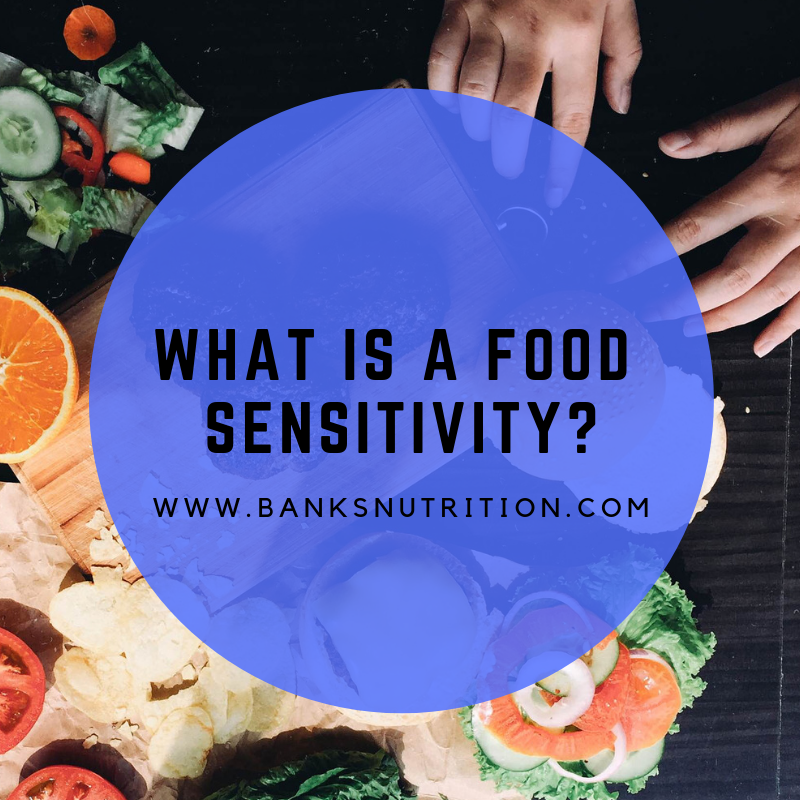
What is a Food Sensitivity?
February 19, 2014
-
Abdominal bloating/Pain
-
Reflux and indigestion
-
Diarrhea/Constipation
-
Fatigue
-
Brain Fog
-
Anxiety
-
Skin Problems
-
Genetic modification and hybridization of food
-
Immune system overload caused by environmental chemicals and toxins
Food sensitivities are becoming very common due to several changes in our food supply and environment. Patients diagnosed with a food sensitivity typically have suffered through a long course looking for the cause of their symptoms with extensive testing, treatment and little relief. These symptoms may range from abdominal bloating/pain, reflux, indigestion, diarrhea/constipation, skin problems, fatigue, sleep difficulty, “brain fog”, anxiety and others.
While food allergies are more easily understood, food sensitivities are less appreciated primarily because they are slow onset, delayed reactions. While the symptoms of a food allergy occur immediately, the onset of the symptoms from the food sensitivity may be delayed from a few hours to a couple of days from the food exposure. The consumption of many other foods during this interval makes the linking of the symptoms to a particular food very difficult.
Food sensitivities are caused by different immune mechanisms compared to food allergies, so the typical food allergy tests such as skin testing or blood testes miss the diagnosis. Food allergy testing looks for antibodies that are made against the food. Food sensitivities involve inflammatory cytokine reactions rather than antibody reactions. They are thought to be the most common food reaction, perhaps 4-6 times more common than antibody induced food allergies.
So How Does a Food Sensitivity Happen?
The immune system protects us by reacting to harmful organisms and chemicals and creating cells that remember them so if they see them again, they can initiate and attack against them. These immune cells that have been “trained” to recognize a potentially harmful organism do so by reading the surface of the organism and recognizing the chemical sequence. The immune reaction causes inflammation. This is why we feel so sick when we get the flu. It is also why symptoms of achiness and fatigue occur after vaccination.
When the immune cells learn to react to “virus X”, they can misread a surface area of a food molecule as the surface of that virus creating a reaction to it. The result is a chronic inflammatory immune reaction to the particular food.
Why are Food Sensitivities Becoming so Common?
Food sensitivities are becoming very common. There are several reasons this seems to be happening including:
-
Genetic modification and hybridization of food
-
Immune system overload caused by environmental chemicals and toxins
-
Immune weakness
Some of the main food components such as corn, soy, sugar beet, canola and others are dominantly genetically modified. It is estimated that 80-90% of these foods are genetically modified. Humans developed “immune tolerance” to food proteins through thousands of generations of previous exposure to the same foods. In less than one human generation, a major portion of the diet has been genetically altered looking foreign to the human immune system.
The immune system has an immense job looking at everything foreign that we are exposed to and reacting to those exposures to protect us. It is estimated that the average adult is exposed to over 80,000 chemicals of which less than 15% have been adequately tested for long-term health risks. Perhaps 25-50% pr 20,000-40,000 of the chemicals that 40-60 year old adults are exposed to through food, water, air and consumer products did not exist when they were born.
The immune system is highly compromised by chronic disease, poor diet and stress. Many people have significant immune weakness resulting from some combination of these factors. This results in a weaker immune system trying to deal with an increased work load our environment generates.
Diagnosing Food Sensitivities
Reactive testing is the most active method to look for type 1 food sensitivities. Methods used for this include white blood cell reactive testing and physical reactivity testing. The most efficient form on reactive testing is meridian response testing. Meridian response testing involves testing electrical conductivity in immune meridian points during food exposures. This testing isolates the likely offending food components which then are eliminated.
Meridian reactive testing is about 80% accurate. It easily leads to the absolute diagnostic method which is a period of strict avoidance for 3-4 months to measure symptom response. In addition to avoidance, the patient will typically take a desensitization homeopathic remedy to help down-regulate the immune reactivity. When the immune system has been activated over a long period of time, simply eliminating the triggering food may not be enough. A chronic immune reaction often needs to be taught to turn off which is the function of the homeopathic allergy remedies.
Those with unresolved digestive symptoms, skin problems, fatigue, “brain fog”, anxiety and other symptoms are likely to find their solution through food sensitivity testing and treatment. Perhaps the greatest challenge currently is raising awareness of the problem of food sensitivities as the earlier they are discovered and treated, the better their outcome.